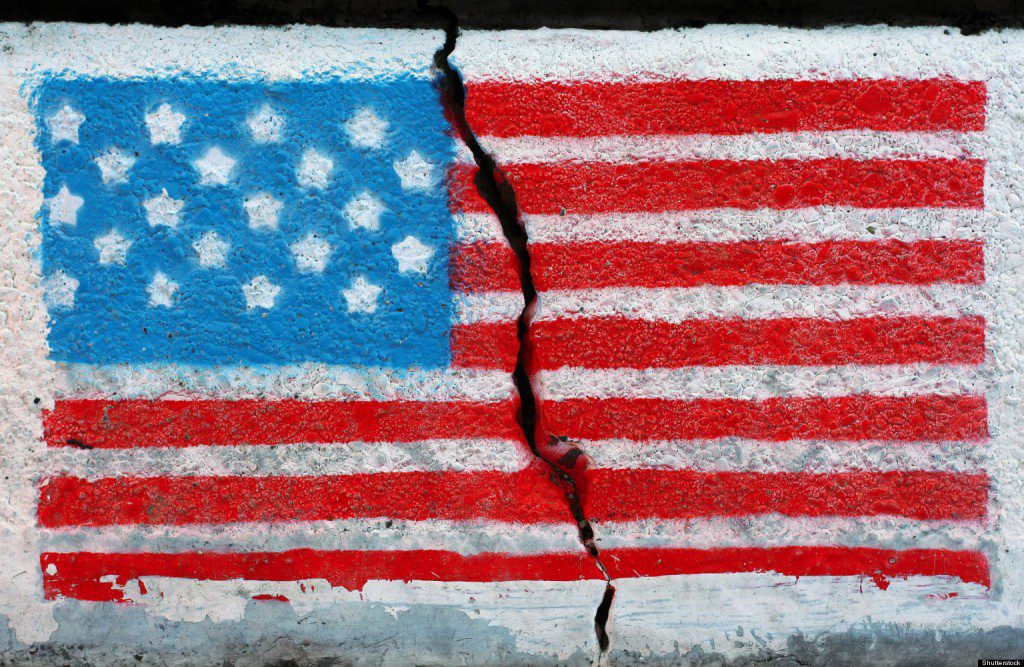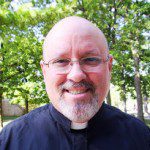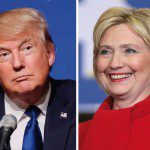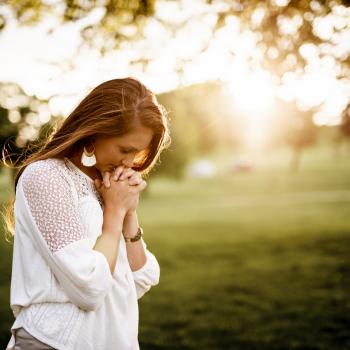How will you treat the hangover of this presidential election? What is it teaching us? Is it about changing the landscape, which seems daunting, but so necessary, or is it also about changing how we all see things?
In the downward spiral of this election cycle and the cacophony of shrill voices from the religious right, progressive faith, secular left and right, map points have driven wedges between us all in the name of an America we are all still trying to define. Map points like xenophobia, Islamophobia, racism, misogyny, religious overreach, prescribed violence, communal intimidation, and self-righteous exclusion have had us asking ourselves: Is that who we are?Before you reach for the Prozac, hear me out.
Our national wound, riddled with these map points of exclusion, did not conjure itself only within this volatile election cycle that seems to draw out our polarities rather than our collective conscience and our most profound dreams as people inextricably bound to each other. This wound has always been with us. It will remain so after election day. None of are going anywhere, we are stuck with each other. So, what do we do?
I am drawn immediately to a study entitled, Atheists and Other Cultural Outsiders: Moral Boundaries and the Non-Religious in the United States Social Forces first published online August 17, 2016. The study concludes that despite a decade of organized effort from groups such as American Atheists, the Secular Coalition for America, the American Humanist Association, and Openly Secular for America to normalize non-belief, Americans generally are not buying it — religious belief remains a measure of trustworthiness and belonging, the study found. But what kind of religion?
In September 2016, a report came out concerning Catholic attitudes about Muslims in this country. Entitled, Danger & Dialogue: American Catholic Public Opinion and Portrayals of Islam, this report showed how the Catholic Church and its media has not done well either. More Catholics seem to hold unfavorable attitudes toward our Muslim brothers and sisters than those who do not. In this regard, we have failed to be the religious we say we want to be.
The map points of marginalization in our nation are perpetuated in secular and religious circles through the media we each use, validated through our propensity to vilify each other for a “greater good.” In our frantic attempts to define ourselves, we fail to fathom our vital connectedness at the root of our unique identities. We are part of the symptomology of this national wound we witness in this election cycle. Notwithstanding the intolerance often expressed by many in the name of their religious views.
Changing the national landscape to where, “E Pluribus Unum” is not relegated to sloganism, means changing the way we see each other. We need a different conversation. We need to look each other in the eye and admit we are all part of this national illness. We need to spend time with each other, somewhere, in some room, some chat stream, not pointing fingers, but shaking out our distorted thinking about each other. We need a different relationship that is shaped by persistent dialogue and collaboration in the American project, not glossing over our differences as if they are not important, but surely defining together our common ground.
The religious/secular relationship is too often left to the First Amendment battles in the Supreme Court and states where religious and government overreach are tempered by creating new contemporary spaces where one is free to practice one’s faith or non-religious convictions. That is a balance that needs constant scrutiny, and as important as that is in our liberal democracy, we cannot leave up to courts alone the work we need to do with each other in our schools, universities, chat rooms, living rooms, libraries and coffee shops. Our media must reflect more the fruits of these crucial conversations.
In the The Civil Conversation Project , Krista Tippet shows some ways we already have in our hands to heal our fractured civic spaces. The lost art of civil discord is overcome by listening to each other deeply and to tease out our curiosity to want to learn what we do not understand, to embrace our own ambiguity. They are conversations that are shaped by questions like these; How do we speak the questions we don’t know how to ask each other? Can we find ways to bridge gulfs between us about politics, morality, and life itself? Can we do that even while we continue to disagree, passionately? How is technology playing into all this, and how can we shape it?
On that place, where we all stand, civil conversation about the space we need for our differences are not necessarily perceived as a threat to our secular or religious identity. We bring all of ourselves to our collective identity as a nation. Eboo Patel, founder of Interfaith Youth Core reminds us how this wound is treated continually:
Pluralism is not a birthright in America; it’s a responsibility. Pluralism does not fall from the sky; it does not rise up from the ground. People have fought for pluralism. People have kept the promise. America is exceptional not because there is magic in our air but because there is fierce determination in our citizens. “The greatness of America lies not in being more enlightened than any other nation, but rather in her ability to repair her faults,” Alexis de Tocqueville wrote. Every generation has to affirm and extend the American promise.
____________________________________________________________
FR. CARL CHUDY is a Catholic priest and member of an international Catholic religious order very involved in interfaith and intercultural dialogue worldwide. He holds a Masters in Divinity from Catholic Theological Union in Chicago with a cross-cultural specialization. Carl is currently involved in further studies in interfaith and inter-secular dialogue. He works with some national interfaith and secular associations, including the American Humanist Association.

















